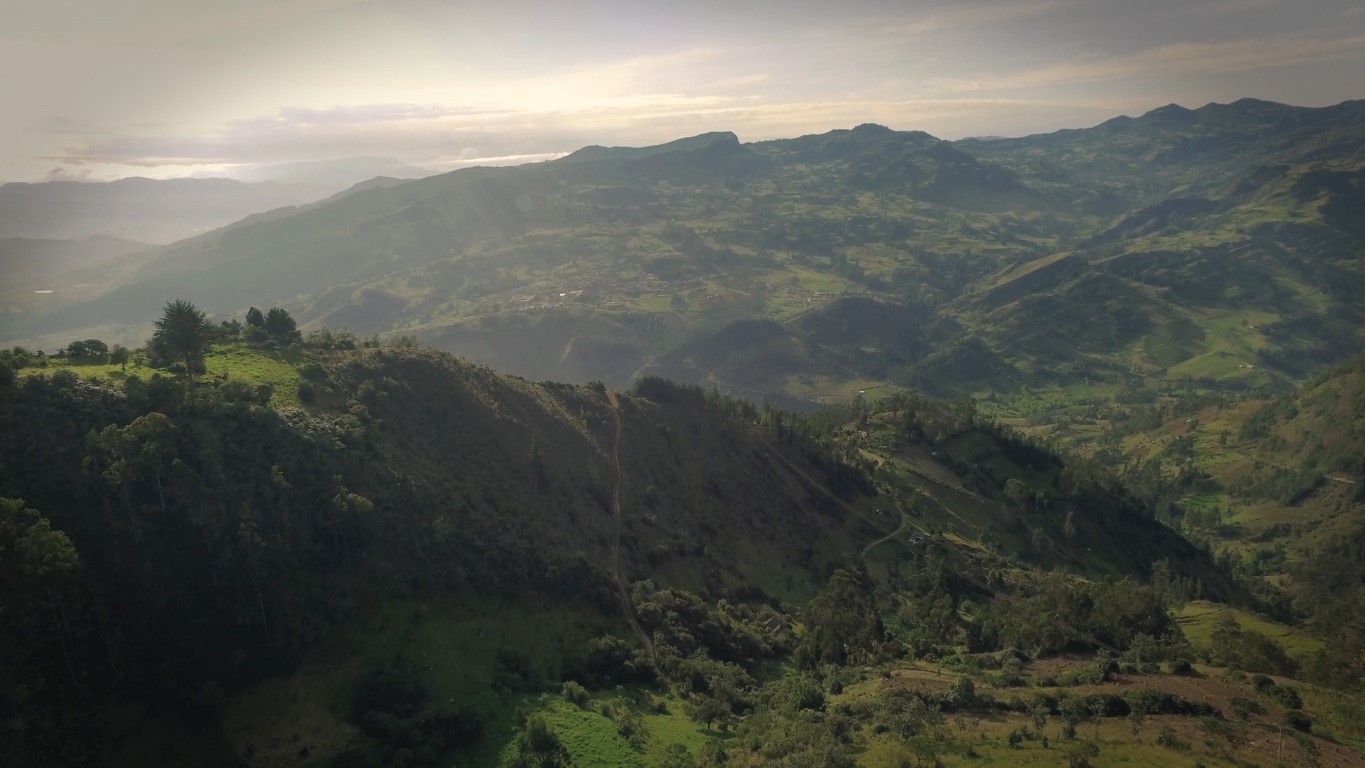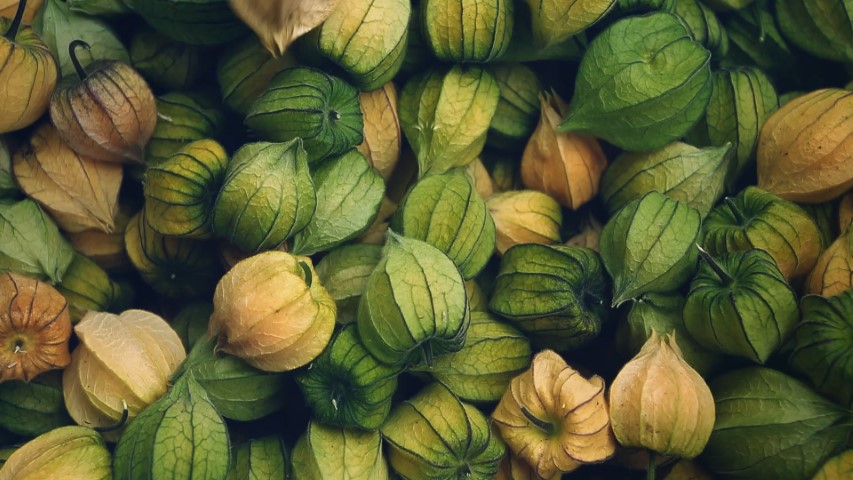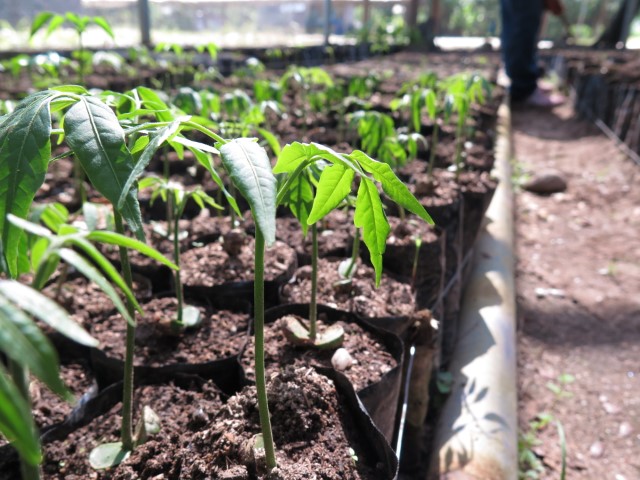Reduce the environmental impact of agriculture in the Andes through pesticide use reduction, Organic certification, tree planting initiatives, and comprehensive waste management programs.
Transitioning away from Problematic Crops

In Ecuador, goldenberries are supporting a transition to more healthy employment and sustainable water use. Terrafertil Ecuador is located in Tabacundo, the center of a global Ecuadorian flower production, which is heavily pesticide intensive. Workers can be exposed to over 120 different pesticides that have been linked to higher rates of miscarriages, premature births and babies with congenital birth defects. Industrial flower production also demands significant water (three gallons for one rose). With goldenberries we offer an alternative that ensures protection of the environment through sustainable production.
In Colombia, goldenberries provide farmers with an opportunity to move to safer economic pathways. For example, the company has supported 80 farmers in their transition to replace poppy production with goldenberry production, reducing risk from participation in the dangerous and illegal opium drug trade.
Organic Certification
100% of the goldenberries we produce in Ecuador are organic certified. We are audited every year by the German certification agency BCS Öko-Garantie. Upholding comprehensive organic management and inspection plans across our operation, we fulfil the highest European and North American organic standards.
The benefits of organic certification and land management are countless, ranging from soil regeneration, erosion prevention, reduced exposure to pesticides and chemicals, and supporting water conservation.

Reforestation

Many of the farmers we partner with live in regions that experience water scarcity during the dry months, with little to no irrigation. Terrafertil Ecuador is supporting watershed maintenance with a pilot reforestation project to maintain regular water flows to farmers.
We are growing a range of native tree species in our nursery and distributing to farmers to plant on their farms. Native species include Pumamaqui, Aliso, Lechero, Arrayan, and Polilepis.
Our goal for 2020 is to plant over 60,000 new trees.

